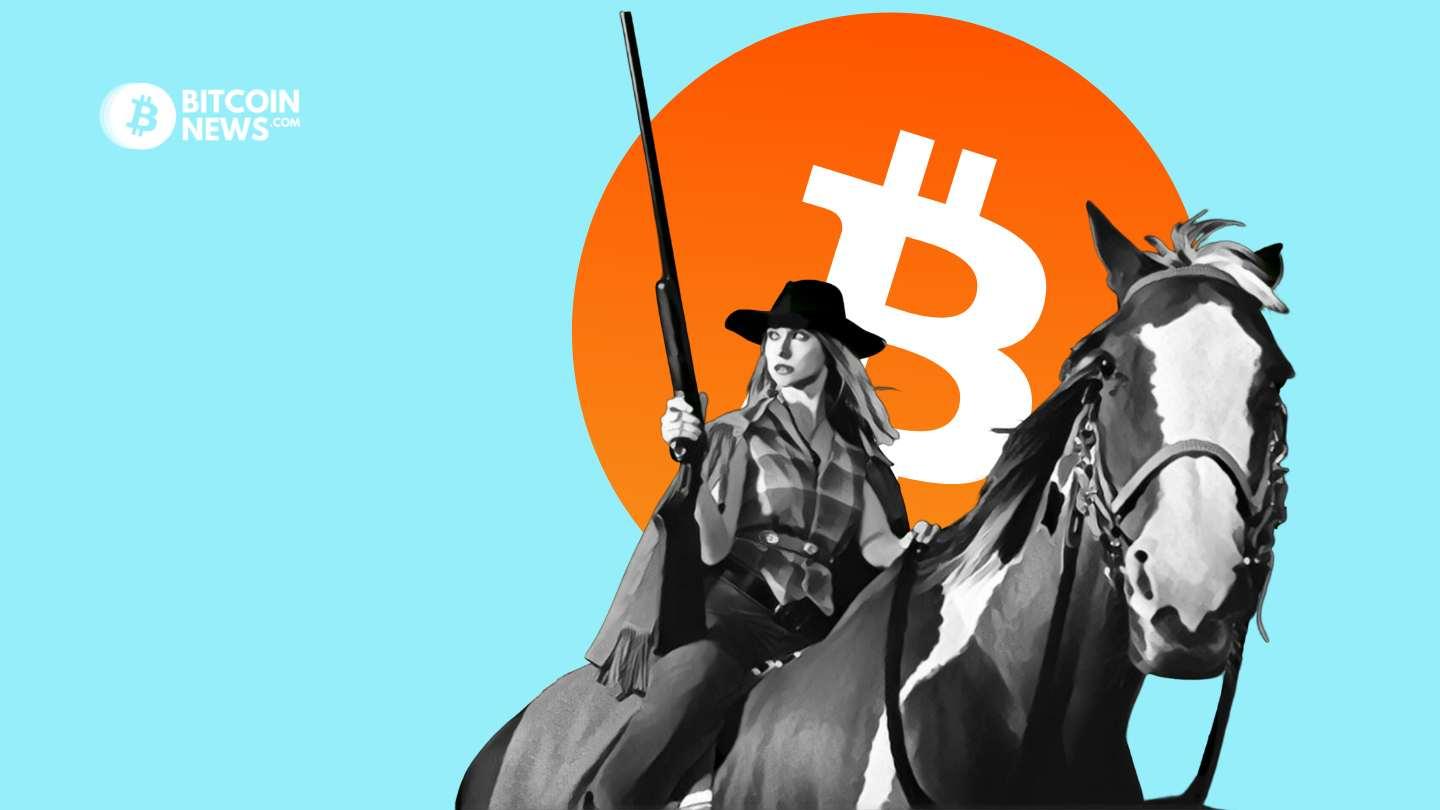This article was originally published by Yael Ossowski on substack
A major cryptocurrency exchange on the brink. Another shuttered after outright fraud, deception, and criminal behavior. Yet more feeling the heat of digital bank runs.
To outside observers, the world of Bitcoin and its crypto-offspring must seem daunting and chaotic.
And while that may be true at various altcoin exchanges that have paused withdrawals, shooed away auditors, or just flat-out stolen money, the Bitcoin protocol’s blocks continue to tick on.

For those who have Bitcoin private keys in their self-custody, the daily noise of “crypto markets” and potential exchange insolvency is akin to a massive volcanic eruption on Mars. There may be some small effect in the universe, but nothing that will re-order your life.
As Bitcoin researcher and orange pill king Pierre Rochard has stated, the fluctuations and volatility of Bitcoin’s price are the result of people FOMOing in and out of the asset while the base layer remains stable and unperturbed. Those who hold their keys and verify with their own full node are safe from the tumult.
Though many sit pretty with Satoshis in self-custody, there are still millions — potentially hundreds of millions globally — that continue to hold their Bitcoin on exchanges, yield providers, or neobanks (which may not even allow you to withdraw).
And this, unfortunately, is a causal effect of the fiat mindset.
Too many approach Bitcoin as merely an alternative investment like gold, real estate, or a long-term treasury bond. As such, they are keen to deposit fiat money into what is considered a “trusted” platform and leave it there, following the asset appreciation in the fiat denomination. When it goes higher, they may sell. If it dips, they’ll likely also sell and mark it a “bad” investment.
Crypto exchanges understand this and market their products accordingly, making the online dashboard glisten like a reactive bank statement, and enticing you with yield products or utility tokens as a reward for trusting them with your deposits.
The more responsible exchanges will earmark your deposits with custodians and keep them (theoretically) safe. Others, like now-indicted Sam Bankman-Fried at FTX, use those deposits to gamble on other trades with their hedge fund, spend money on politicians, or buy stadium-naming rights for some awful sport. Ad Infinitum.
The latter case provides a perfect case for self-custody, but the former should as well.
The marketing around exchanges makes it all the more confusing. You hear phrases like trading or investing when it comes to Bitcoin when it should be simplified to sovereign saving.
The paradigm shift afforded by Satoshi’s innovation was the ability to claim absolute and sovereign ownership of digital assets on a decentralized ledger. Over a long period of time, the stability of the protocol allows it to become a savings technology rather than just a stock you intend to buy or sell.
And that’s where reliance on exchanges as goes astray. Rather than being a place of exchange, they’ve become storage facilities akin to banks.
Much like the Frontier Old West, burgeoning with newly developed settlements and towns, exchanges are meant to be way stations: You show up after a long trip, barter for goods, secure your wares on the back of your horse, and trot on. You don’t even think about storing goods on-site.
There is an inherent risk in leaving your items with the shopkeeper. There is ample opportunity for fraud (promising inventory that doesn’t exist), theft (taking them outright), or seizure (the local sheriff or outlaw wants his cut). Even if you bring your goods and assets to the bank teller for a deposit, there’s no telling when the next Jesse James bandit will stick up the joint with double pistols.
Just like the Lone Ranger, it’s best to load up at the way station, pack up securely, and head out.
Bitcoin + crypto exchanges are frontier way stations.
You show up, barter, then secure your wares on the back of your horse and trot forward.
Storing goods on-site is risky: fraud, theft, or seizure
Best to load up, pack up + head out. Self-custody. pic.twitter.com/2PxWKugrof
— Yaël⚜️ (@YaelOss) November 8, 2022
While many of us live this mantra in Bitcoin and use either peer-to-peer or self-custody-promoting exchanges, the majority don’t. And when the Three Arrows Capital, Voyager Digital, or FTXes of the world run out of other people’s money, have their fraud discovered, or face a bank run, doting customers who trusted the shopkeeper or bank teller are left holding the bag.
That is why self-custody is a vital lesson that many of us, humbly, have had to learn at great cost. Many of you likely have stories of lost Bitcoin or are getting mailed bankruptcy claims from some failed crypto yield firm at this very moment. But it doesn’t have to be this way.
Some Bitcoin-only exchanges, such as Swan or 21 Bitcoin, educate and promote withdrawing immediately to a wallet you control. Others like Bull Bitcoin, Coinfinity, Relai or any of the private options I’ve mentioned elsewhere, don’t even allow you to leave your coins with a custodian.
To their credit, exchanges like Coinbase and Binance offer standalone, non-custodial wallets with exportable private keys, but the incentives to use them (especially if you want to play casino games) are minimal.
In my mind, this analogy makes clear not only why Bitcoin is different than a Euro or Dollar note, but also why the protocol depends on promoting self-custody and sovereign saving.
Trust has a place and a time, but Bitcoin remains trustless. Let’s hope you can be too.



